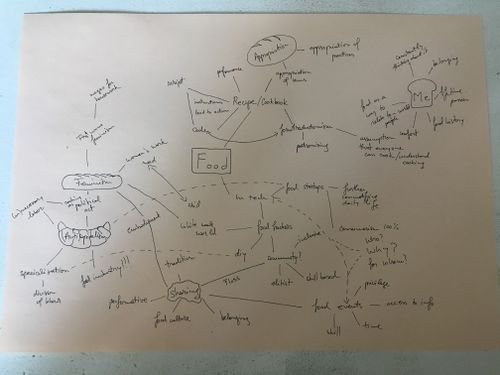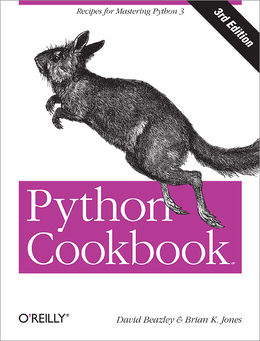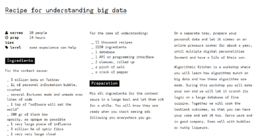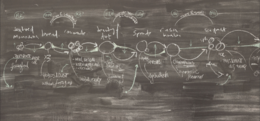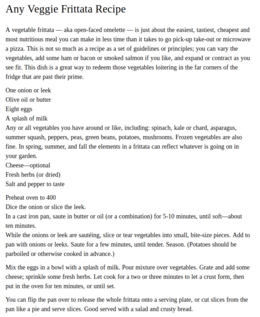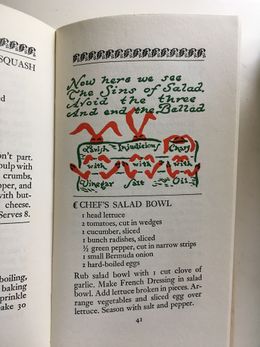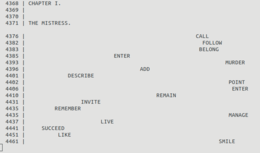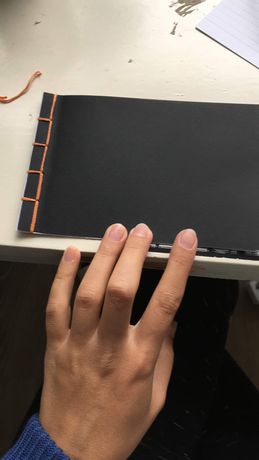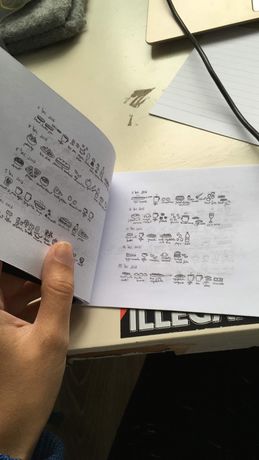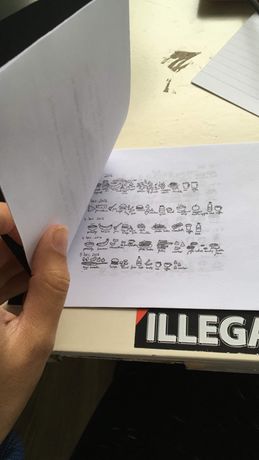User:Alice/Grad ideas: Difference between revisions
| Line 51: | Line 51: | ||
My notes are [https://pad.xpub.nl/p/food_futures here.] | My notes are [https://pad.xpub.nl/p/food_futures here.] | ||
One thing that struck me was the range of participants this kind of workshop attracted, including the speakers who did small presentations at the beginning. Being a food-related workshop, ran by someone who dedicated her PhD to the concept of designing future food scenarios using [http://readings.design/PDF/speculative-everything.pdf speculative design] as a method, I was expecting to see more people interested in social, grassroots approaches to food, interested in a critical approach to the use of technology. Instead, I was surprised to find myself surrounded by entrepreneurs and designers fully embraced not only tech that used highly personal data with no claim to privacy for the purpose of personalized nutrition advice, but also dedicated a big part of their life to moving their whole being into the 'future' bu replacing all meals with highly processed food-like substances in liquid form. | One thing that struck me was the range of participants this kind of workshop attracted, including the speakers who did small presentations at the beginning. Being a food-related workshop, ran by someone who dedicated her PhD to the concept of designing future food scenarios using [http://readings.design/PDF/speculative-everything.pdf speculative design] as a method, I was expecting to see more people interested in social, grassroots approaches to food, interested in a critical approach to the use of technology. Instead, I was surprised to find myself surrounded by entrepreneurs and designers fully embraced not only tech that used highly personal data with no claim to privacy for the purpose of personalized nutrition advice, but also dedicated a big part of their life to moving their whole being into the 'future' bu replacing all meals with highly processed food-like substances in liquid form. | ||
[[File:Soylent2.png|thumbnail]] | |||
=Inspiration= | =Inspiration= | ||
Revision as of 15:54, 25 October 2018
I'm going to go crazy here and write down all the bullshit I've been considering regarding this thesis/project, alongside all the food things that occupy my b
Mind map
Thought
Cooking practices have been appropriated and taken over by tech culture. Food workshop, 'food hacking' have found their way into hackerspaces around the world. What is gained and what is lost by this hijacking? Why has software culture adopted terms such as 'cookbook', 'recipe', 'kitchen' into its practices of writing, collecting and experimenting with software? How can open-source free software culture practices be adopted and adapted to food culture? Is cooking an elitist practice?
Foodcritic is a linter and code standard enforcer for Chef cookbooks.
Foodcritic is a static analysis tool, meaning that it examines the code without executing it.
Foodcritic can find a wide range of issues, including formatting, deviation from best practices, and subtle bugs.
Another thought
How can we reflect on cooking as an anti-capitalist action? Our time has been carefully structured so that we can spend as much time as possible being productive, as in producing capital and goods. Cooking is considered extra labour that we do not need to perform. Corporations have made it clear that cooking is something that they can provide, so that we can be simply consumers. Our free time should only be spend on leisure activities/entertainment, otherwise known as even more consumption.
Recipes
Women's place
Imagining food futures workshop
On the 25th of October, I briefly took part in a workshop organized by Creative Code Utrecht, hosted by Marketa Dolejsova, in a restaurant/meeting room space called The Green House. due to personal issues, I was only able to participate for the initial presentations. However, I got a good sense of what the participants backgrounds and interest were. My notes are here. One thing that struck me was the range of participants this kind of workshop attracted, including the speakers who did small presentations at the beginning. Being a food-related workshop, ran by someone who dedicated her PhD to the concept of designing future food scenarios using speculative design as a method, I was expecting to see more people interested in social, grassroots approaches to food, interested in a critical approach to the use of technology. Instead, I was surprised to find myself surrounded by entrepreneurs and designers fully embraced not only tech that used highly personal data with no claim to privacy for the purpose of personalized nutrition advice, but also dedicated a big part of their life to moving their whole being into the 'future' bu replacing all meals with highly processed food-like substances in liquid form.
Inspiration
Project by Constant, an experiment with collaborative cooking

